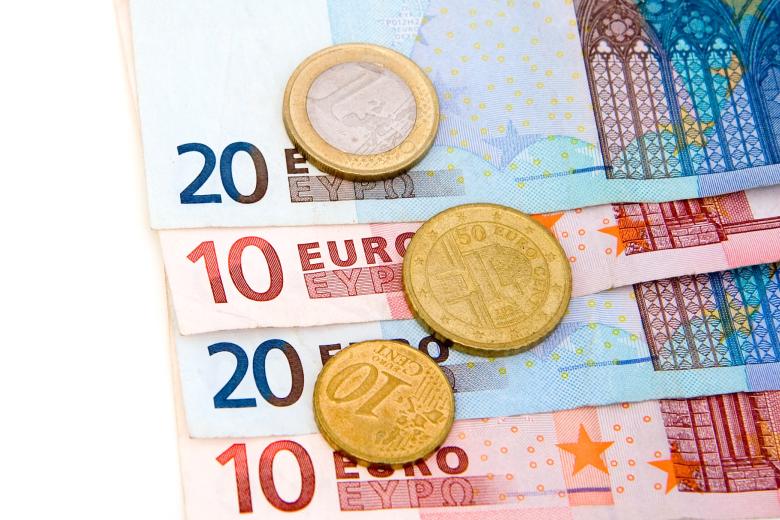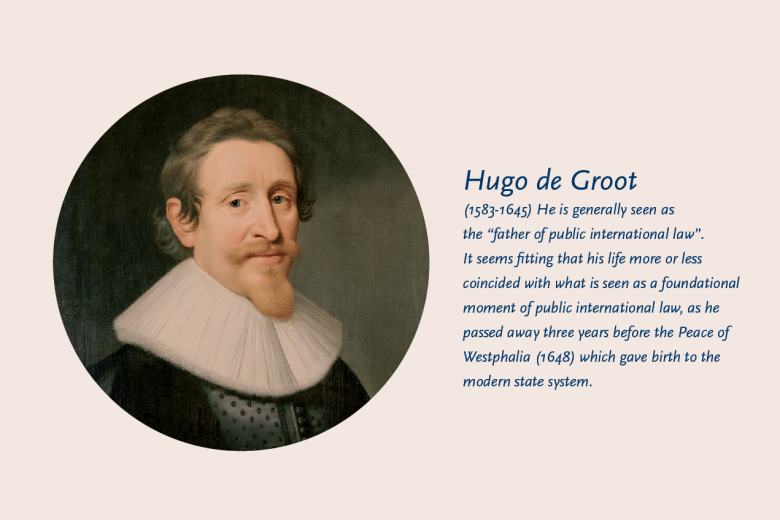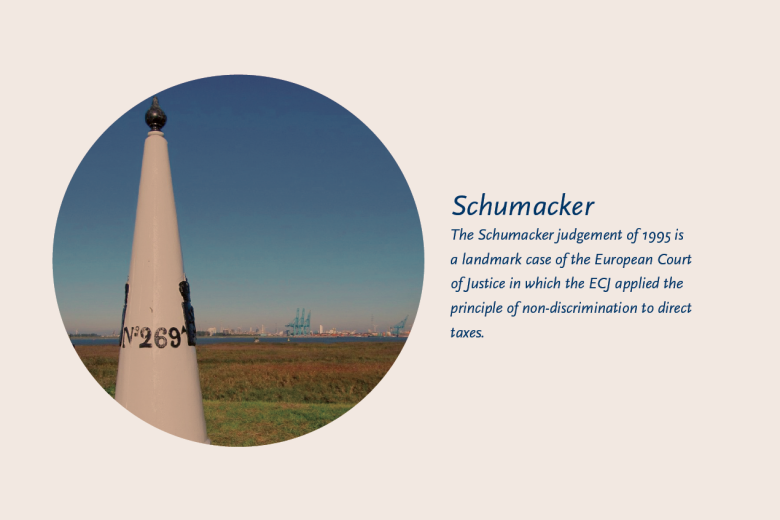In a reaction to an EJIL: Talk! post by Baetens et al., Arcuri et al. claim that the Dutch parliament has the right to reject CETA and also argue in favour of it doing so. The post by Arcuri et al. raises important points that merit further discussion, among legal academics and practitioners, politicians, and citizens.
Consumers and businesses in digital markets – An unequal relationship?
- Law
On 15 October, the Swedish Consumer Agency, its Scientific Council and Maastricht University (in particular the Law & Tech Lab) hosted the webinar 'Consumers and businesses in digital markets – An unequal relationship?’, focused on bringing together the perspectives of national consumer authorities, consumer organizations, businesses and supranational law-makers on the challenges and opportunities of digital consumer markets.

Do institutions help achieve greater value for spending European taxpayers’ money?
- Corona
- Arts and Social Sciences
- Business and Economics
- Law
The European Union (EU) budget is about one percent of the Gross Domestic Product (GDP) of all Member States amounting to about €240 per annum, per citizen. The EU budget redistributes more than €150 billion annually. These funds are directed towards agriculture and regional policy, which operate to help less developed countries and local communities. Millions of euros are spent on rebuilding roads or hospitals or for the educational and vocational training of thousands of European citizens’. A significant proportion of this money goes towards underdeveloped and economically less well-off regions, especially across Southern, Central, and Eastern Europe (see Figure 1).

Schrems II and individual redress-where there’s a will, there’s a way
- Law
The issue of individual redress has bedeviled negotiations between the European Union and the United States for more than two decades. Three adequacy deals - the Passenger Name Record (PNR) Agreement, Schrems I and Schrems II - have now unraveled because the European Court of Justice (CJEU) insists on an effective judicial remedy and the U.S. is unable to provide one.

Why the EU can sue the UK
- Law
In a piece published on the Spectator’s website on the 3d October, Steven Barret erroneously argues that the EU cannot sue the UK.

Hugo Grotius
- Law
To any international lawyer, Hugo de Groot (10 April 1583 – 28 August 1645), usually referred to by his Latin name as Hugo Grotius, does not need any introduction. He is generally seen as the “father of public international law”, often together with Francisco De Vitoria (1483-1546) and Alberico Gentili (1552-1608). It seems fitting that his life more or less coincided with what is seen as a foundational moment of public international law, as he passed away three years before the Peace of Westphalia (1648) which gave birth to the modern state system.

The Path to Brighter Futures
- General
- Maastricht Students
During my bachelor’s I found a side-job as a student coach for elementary and secondary school children. I noticed that learning math or reading was not always as easy for others as it was for me. You sit next to a student, trying to explain one algebra exercise for the 10th time. While they are racking their brains or having lost concentrating from the start, all your efforts seem lost. I am sure that I am not the only person who experienced a lack of patience during these moments (props to all parents and teachers). Through this experience, I learned that if you want to help other students you need to do more than explain dry theories or hide math in a game. And it became very apparent to me that other students need help. So how do we do this successfully?
Enter Match for Brighter Futures (MFBF). This project enables teenagers from secondary school [middelbare school] who cannot afford normal homework services to match up with university students who voluntarily coach them. Not only do the students help teenagers with their homework, but they also coach them with planning and guiding their ambitions. MFBF differentiates itself from ordinary homework services since the underlying intention helps younger students to be aware of why and how they study. Hence, the project has seen great results. Two weeks ago Julia wrote a blog called ‘Emma and I’ on her wonderful experience with the project (read here). This week we will share an interview with another student coach as well as the results from the 2018 and 2019 reports.

Schumacker
- Law
Schumacker is one of the most important cases in EU tax law. It opened the door to many more legal proceedings before the CJEU that tested the limits the Member States’ tax sovereignty against the force of EU law.

Van Gend en Loos case
- Law
While the story of the company is a little history of European integration in itself, it was the decision of the European Court of Justice in the case Van Gend & Loos v Nederlandse Administratie der Belastingen (1963) that gave Van Gend & Loos a place in European Union law. The case itself was rather dull, but the stakes were high and the core issue was, so the story goes, existential to the future of European integration.

Metaphors and analogies on civil law codification
- Law
Resilience is a characteristic of codification, since codes tend to change according to time and space: they are far from being eternal or carved in stone. This is evident in Europe, when looking at the recent reforms to the Belgian Civil Code, for example in the area of property law. Resilience is also palpable across the Atlantic, with the recent completion of a new civil code for Puerto Rico, to take effect in November 2020.

